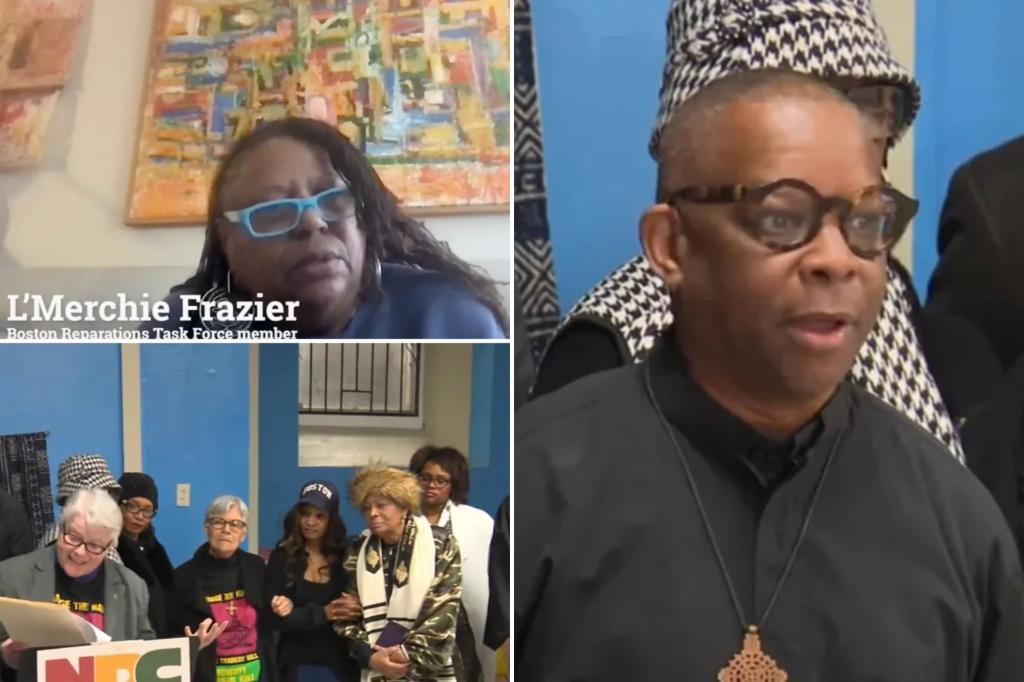The Boston Task Force on Reparations, established through a 2022 Boston City Council ordinance, recently called on white churches to contribute to reparations for the black community. Led by Reverend Kevin Peterson, the task force aims to address racial inequities that stem from the trans-Atlantic slave trade. Peterson and sixteen other religious leaders signed a letter urging churches to financially contribute to reparations while also supporting the creation of affordable housing and new financial institutions in black communities.
During a press conference held in Roxbury, clergy members highlighted the need for white churches to take responsibility for their historical ties to slavery and commit to reparations. Reverend John E. Gibbons of Arlington Street Church emphasized the urgency for churches to go beyond research and discussions about history and to take concrete action towards reparations. Additionally, King’s Chapel senior minister Rev. Joy Fallon mentioned that their church is establishing a memorial to honor enslaved individuals and creating a fund for social justice and reconciliation.
The demand for reparations includes a call for a $15 billion payment from the city of Boston. The proposed compensation is split into three categories: $5 billion in cash payments to black residents, $5 billion to invest in new financial institutions, and the remaining $5 billion to address racial disparities in education and anti-crime measures. This amount exceeds the city’s annual budget for fiscal year 2024, which was set at $4.28 billion. The task force argues that the wealth of the city was built on slavery and that it is time for reparations to be paid in monetary form.
Peterson and other members of the task force have been vocal about the need for churches, especially those with ties to the slave trade, to publicly acknowledge their role in perpetuating racism. Churches like Trinity Church, Old South Church, and King’s Chapel, which were established in the 17th and 18th centuries, have been specifically called upon to contribute to reparations. The task force is pushing for churches to not only research and discuss their historical connections to slavery but to take immediate steps towards reparations, including financial contributions to the black community.
The issue of reparations is deeply connected to the legacy of slavery and anti-black institutional oppression. During a news conference in February, Peterson demanded full monetary compensation for wages and lives lost due to slavery and racially discriminatory practices. The task force seeks to address systemic racial disparities by not only calling for financial reparations but also advocating for investments in new financial institutions and educational initiatives. The call for reparations stems from a desire to rectify historical injustices and build a more equitable society for future generations.
The push for reparations in Boston is gaining momentum as religious leaders, activists, and community members come together to demand accountability from institutions that have benefited from the wealth generated by slavery. By urging white churches to actively participate in reparations efforts and support the black community, the task force hopes to initiate a meaningful process of healing and reconciliation. The call for reparations is not just about acknowledging past wrongs but also about taking tangible steps towards rectifying racial injustices that continue to impact communities today.


